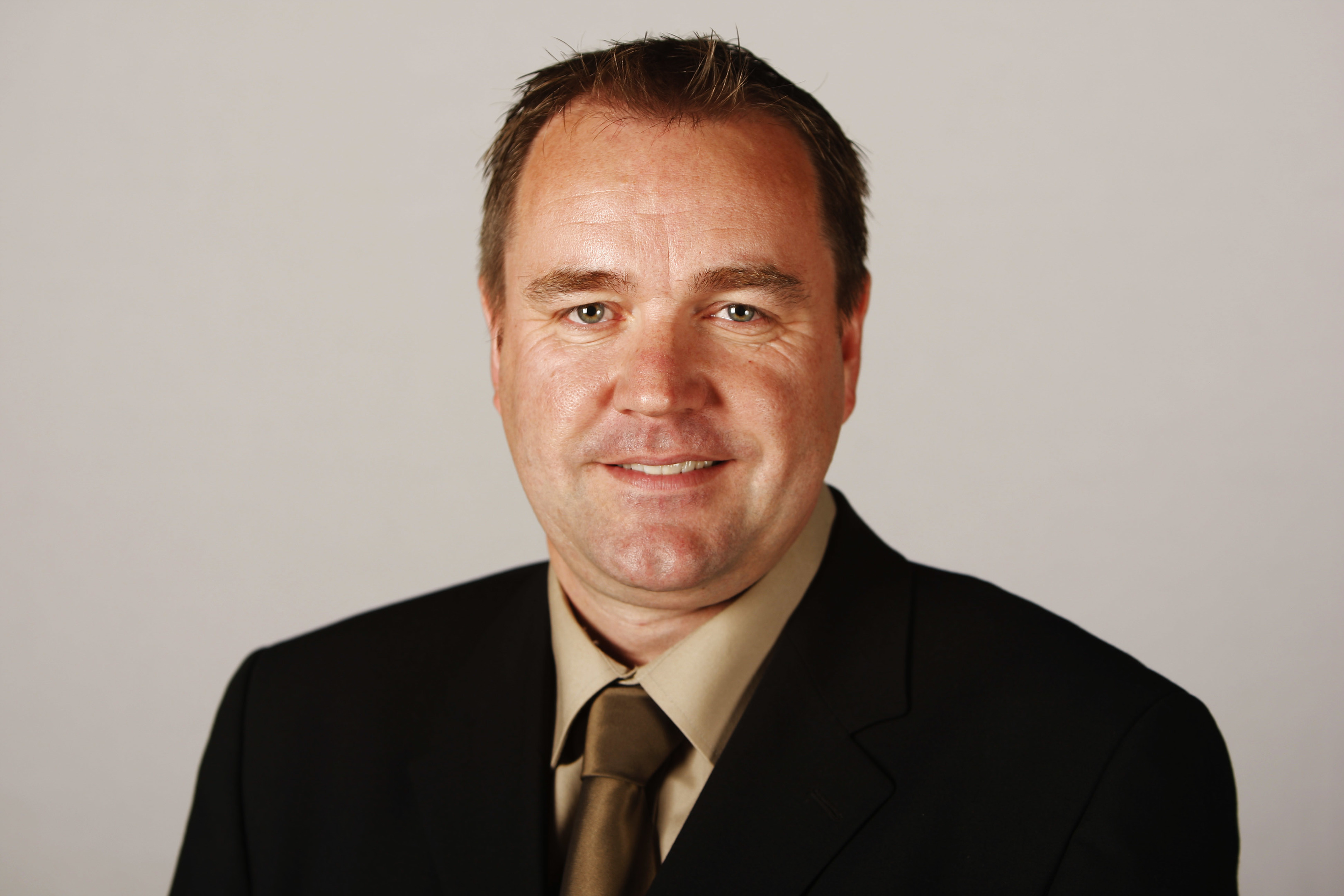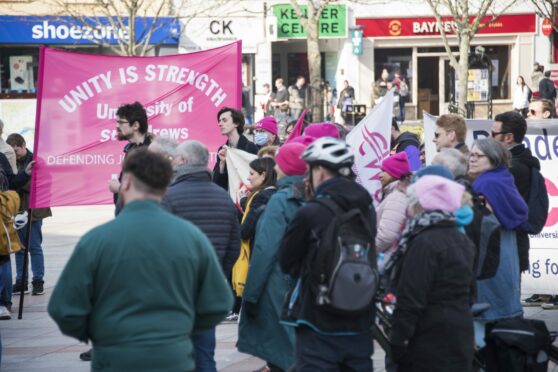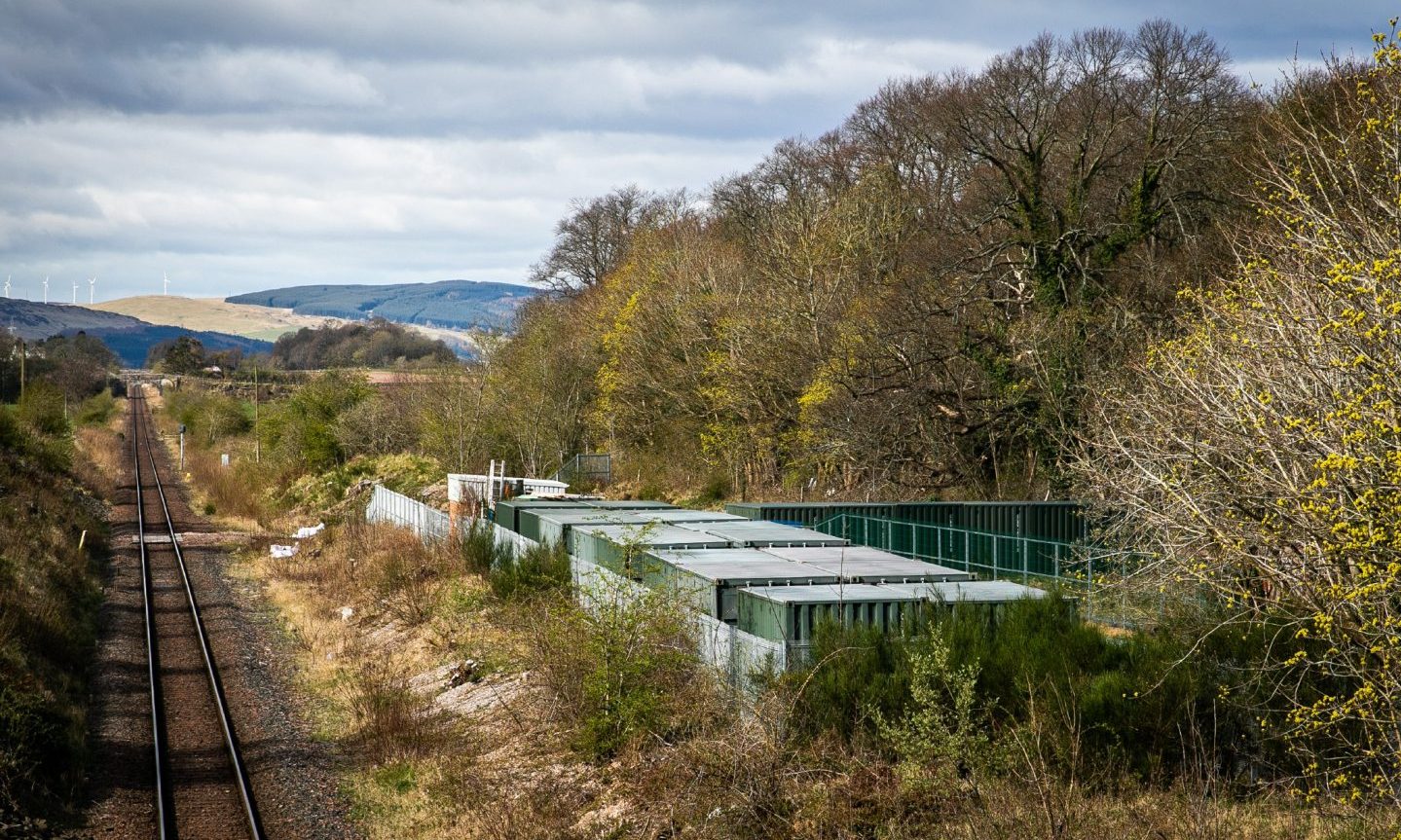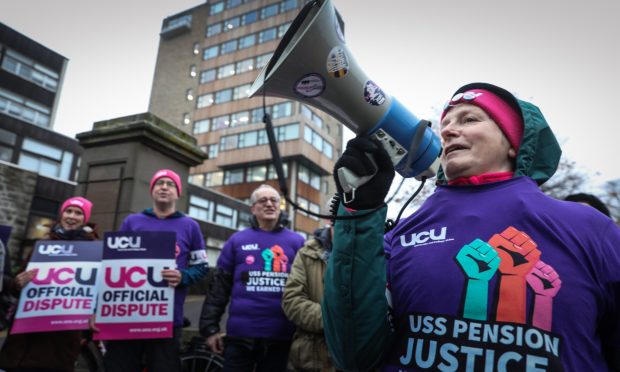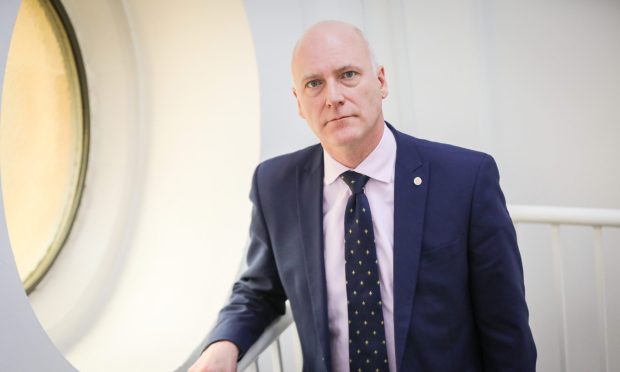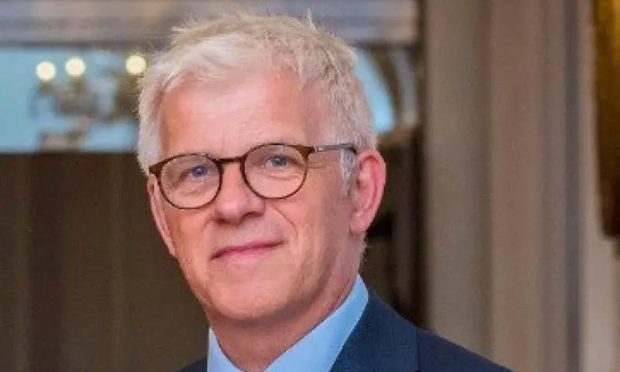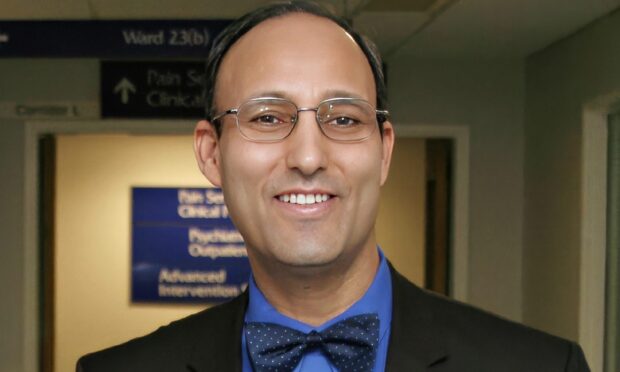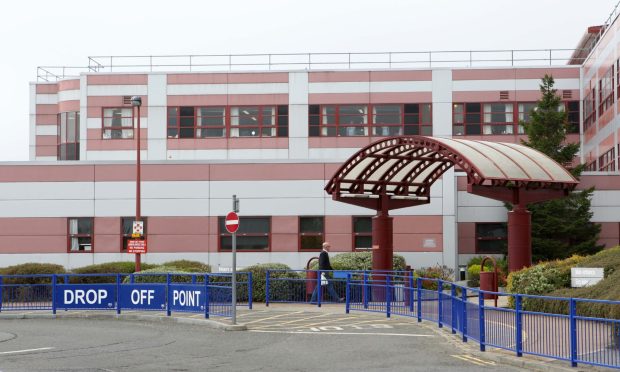A Labour MSP has cautioned party members against being “seduced” by the SNP and independence, insisting: “You can’t pay your bills with a Saltire.”
Neil Findlay, who represents Lothian in the Scottish Parliament, criticised First Minister Nicola Sturgeon and her party’s record in government in what he billed as a “few home truths”.
Speaking to delegates at the Labour Party conference in Liverpool, Mr Findlay said: “I had to come here today with some words of warning and some words of caution for my friends here in England and across the UK.
“It’s a friendly warning to my brothers and sisters because some people are being seduced – seduced into believing that the Scottish National Party is a party of the left, a party that is progressive and a party that we should be doing deals with.”
He questioned the SNP’s approach to councils, transport, education and the economy, adding: “Why would we do a deal with a party that wants to divide us on the basis of nation instead of uniting us on the basis of our class?
“In Scotland, the attainment gap in schools is growing, our social care system is on the brink, our NHS is under pressure like never before.
“But last week, in the Herald newspaper, Nicola Sturgeon said independence transcends all of that.”
Mr Findlay claimed the First Minister was telling families struggling to pay their rent or mortgage and the thousands of council workers who have lost their jobs to not worry as “independence is the answer”.
He went on: “Let me tell you this – you can’t pay your bills with a Saltire and you can’t eat a flag.
“Don’t judge the nationalists by their rhetoric, judge them on their failure to protect our essential services.”
Ms Sturgeon, writing for the Herald last week, noted independence transcends issues including Brexit as decisions should be taken by those who live and work in the country.
She wrote: “The EU referendum and the myriad of uncertainties it has thrown up in terms of the path ahead for both Scotland and the rest of the UK have of course provided a new ingredient to the debate on Scotland’s future.
“But, two years on from the historic independence vote of 2014, the fundamental case for Scotland’s independence remains as it was.
“That case for full self-government ultimately transcends the issues of Brexit, of oil, of national wealth and balance sheets and of passing political fads and trends.
“It is in essence, as the Yes campaign said two years ago, about the simple fundamental truth that the big decisions about Scotland – including the decision about our EU membership – should be taken by those who live and work here.
“That is a truth which endures and that is the simple democratic argument on which the case for independence will always be founded.”
